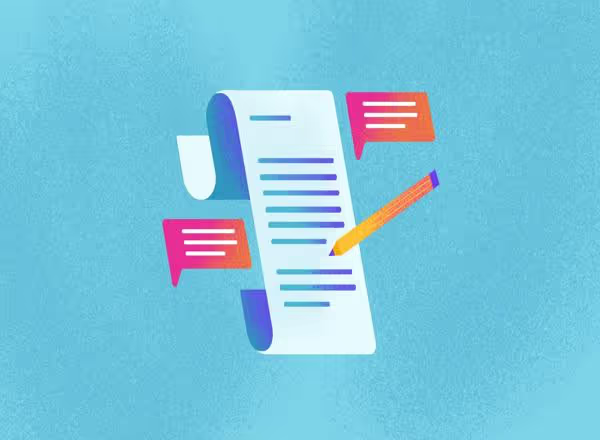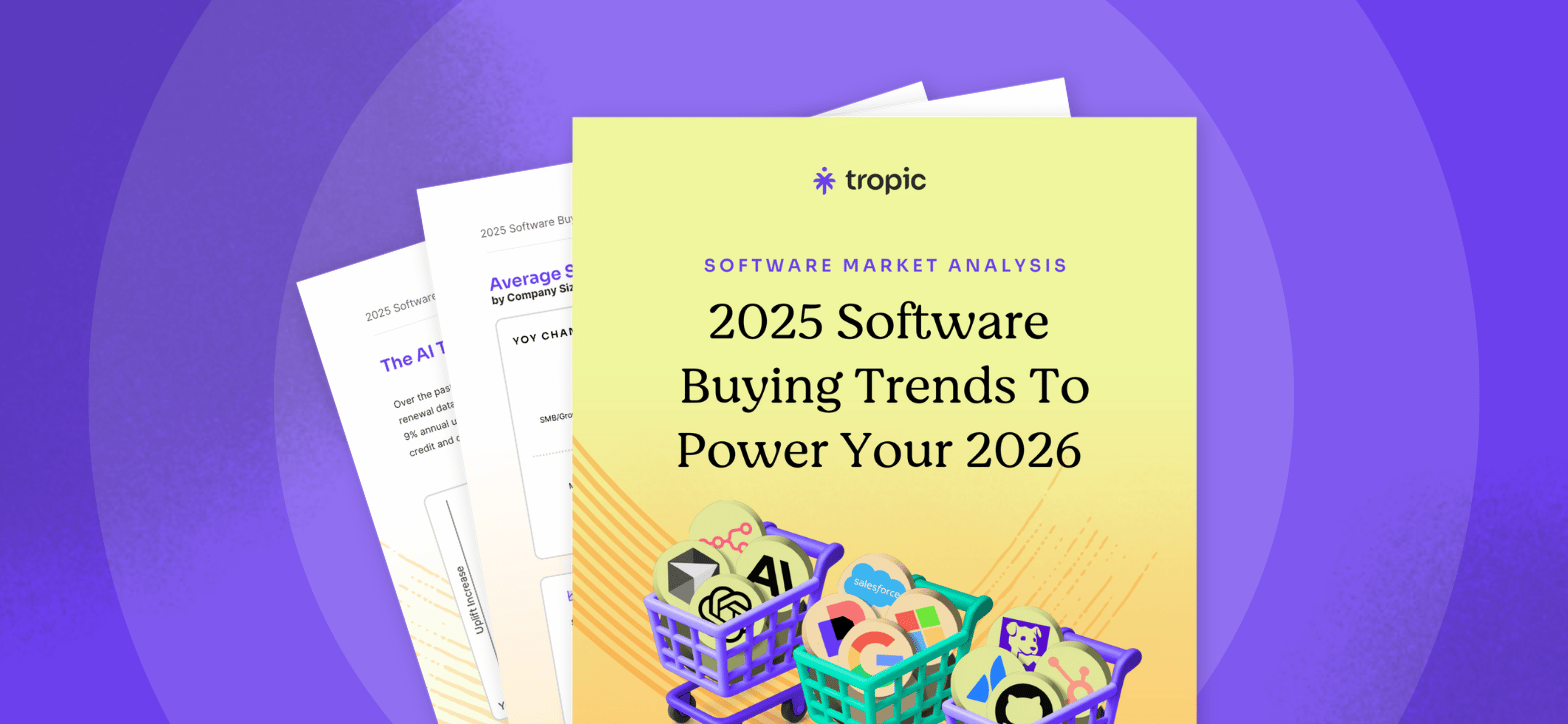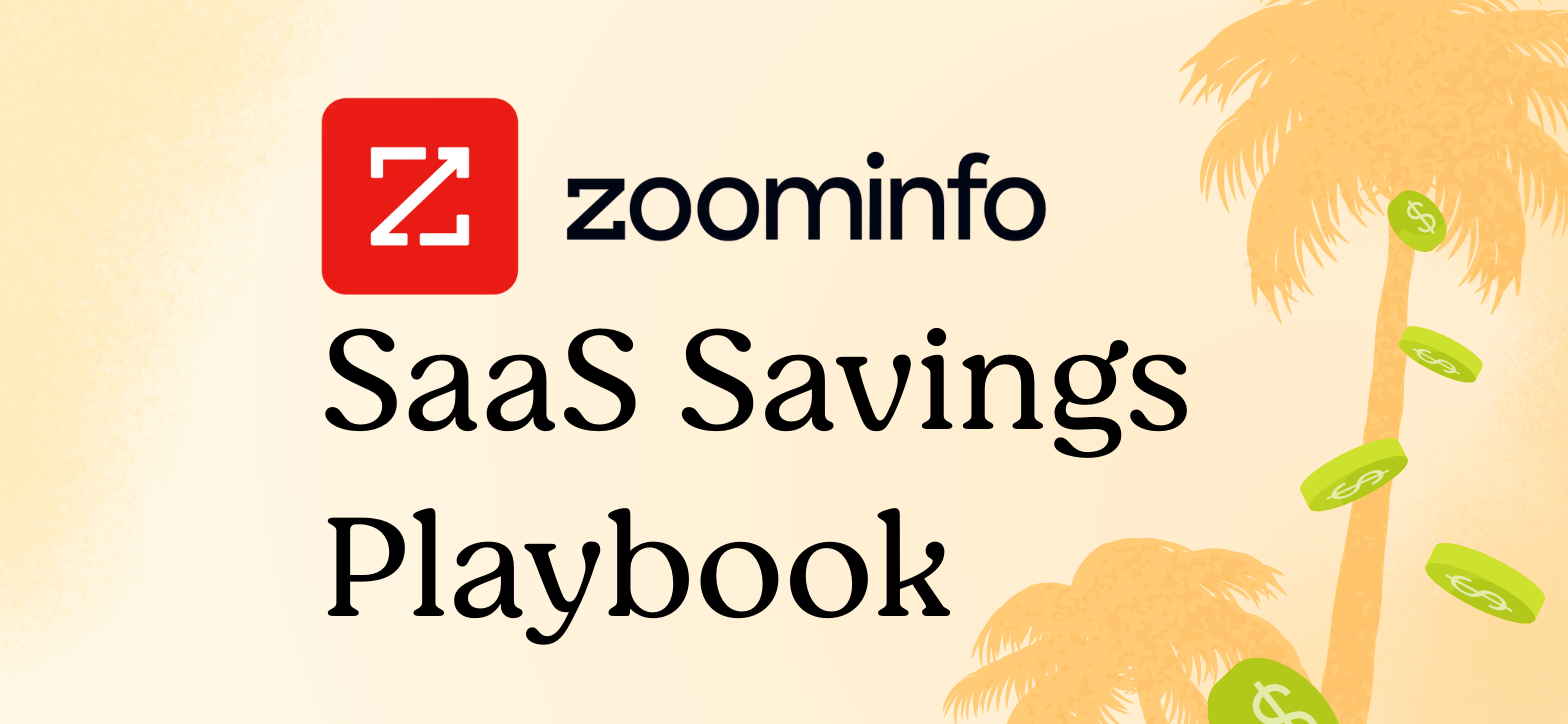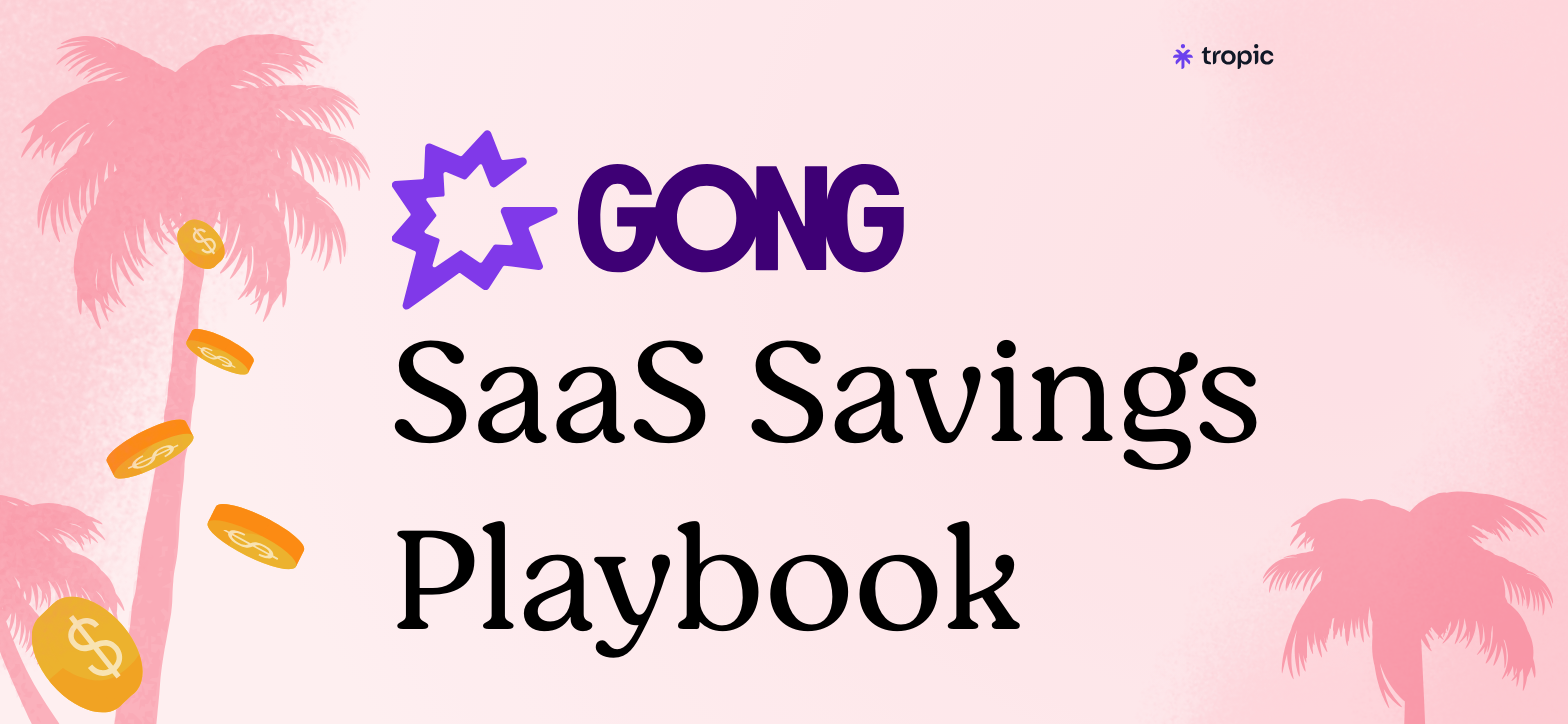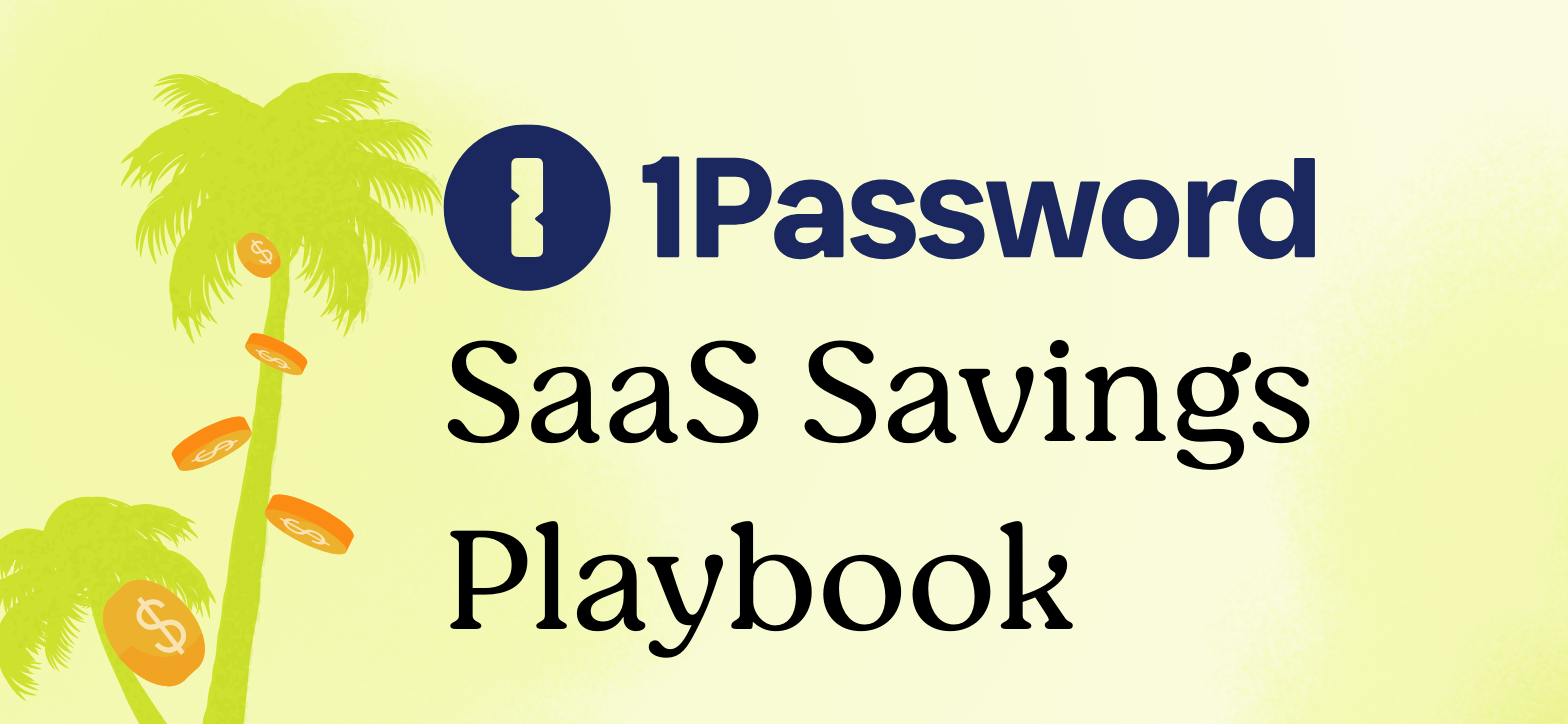AI prompts are changing the way procurement teams work by making routine tasks faster, sourcing more strategic, and insights easier to surface. If you're using tools like ChatGPT, Claude, or Gemini in your procurement process, you're already engaging with prompts. But what exactly are they, and how can they be structured to drive results?
This glossary entry explains the fundamentals of AI prompting in procurement, from core definitions to practical applications, so you can better understand and implement them across your workflows.
What Are AI Prompts in Procurement?
An AI prompt is a written instruction that guides a large language model—like ChatGPT, Claude, or Gemini—to generate a specific output. In procurement, that output might be a high level supplier research, a risk summary of a vendor contract, RFP evaluation matrix creator, or a procurement digital transformation roadmap.
The prompt serves as a bridge between your expertise and the AI’s capabilities. It's the way you transfer context, clarify intent, and define what you want the model to do. A well-written prompt isn’t just a question—it includes background information, defines the role the AI should play, and may even suggest the format of the response.
For example, instead of simply typing “summarize this contract,” a procurement lead might write:
“You are a procurement specialist focused on risk mitigation. Summarize the key renewal clauses and potential liabilities in this software agreement. Use bullet points and keep the tone concise and professional.”
This kind of prompt sets clear expectations and gives the model enough context to produce useful, high-quality results. The structure may seem minor, but in practice it’s the difference between an output that’s helpful and one that’s too vague to act on.
What Makes a Good Procurement Prompt?
While prompting might seem simple on the surface, writing high-performing prompts is a skill. The best prompts are specific, contextual, and aligned with the desired output. They define the AI’s role (“You are a strategic sourcing analyst”), provide relevant inputs (such as a contract excerpt or vendor list), and set expectations for tone, structure, or decision criteria.
The more structure you give the prompt, the more useful the result. Prompting isn’t about tricking the AI—it’s about collaborating with it.
Over time, your team can build a prompt library: a reusable set of templates that deliver consistent, accurate outputs for common tasks. These libraries can be refined, versioned, and shared across the organization, forming a new kind of institutional knowledge that scales.
Putting Prompts Into Practice
If you’re just getting started with prompting in procurement, the key is to treat it like a new kind of tool—not a magic wand. Good outputs come from clear inputs. Prompts should evolve alongside your processes, not replace them. They’re most effective when grounded in domain expertise and business context.
To help you take the next step, we’ve curated a library of procurement-specific prompts you can copy, customize, and deploy in your own workflows.
Explore our full collection of AI procurement prompts to see how teams are using them across sourcing, negotiation, contract management, and more.
Why AI Alone Isn't Enough
AI has earned its place as a valuable assistant across the procurement workflow. It can help teams draft supplier communications, generate contract summaries, and accelerate internal reporting. But as powerful as these capabilities are, they have clear limitations—especially when applied to enterprise-level sourcing and spend management.
AI models don’t have access to your live procurement data. They don’t understand your contract terms, your supplier history, or the nuances of your internal approval flows. Outputs can appear polished and confident while still missing critical details or context. And most importantly, standalone AI tools offer no integration with your systems of record—no audit trail, no oversight, no alignment with compliance policies.
For procurement teams operating in complex, high-stakes environments, that’s not enough. You need more than a tool that can generate text—you need infrastructure that understands how procurement actually works.
That’s why the most effective teams pair generative AI with purpose-built systems that are informed by real data, governed by real policies, and embedded into real workflows.
Why Forward-Thinking Teams Use Tropic
Tropic doesn't just layer AI on top of procurement—it integrates intelligence directly into the workflows that drive results. The platform goes far beyond basic prompting by combining large language models with your actual procurement data, process history, and organizational structure.
With Tropic, sourcing teams can generate supplier scorecards that reflect real-world performance metrics—not generic templates. RFPs are auto-drafted based on your own pricing benchmarks and negotiation history, saving time without sacrificing strategy. Contract reviews are guided by AI, but grounded in your specific risk thresholds and approval policies. And spend analysis becomes faster and more actionable, with recommendations that take your category structure and business context into account.
All of this happens inside a secure, permissioned platform designed for enterprise use—no unsecured chatbots, no disconnected tools, no black boxes.
This is where AI becomes truly valuable: not as a sidekick, but as a core part of your procurement infrastructure.
Frequently Asked Questions
Can AI help with supplier due diligence?
Yes. AI can generate due diligence questionnaires, evaluate supplier responses, and summarize ESG or financial reports. For final decisions, validate results with human oversight.
What’s the risk of AI hallucination in procurement workflows?
Generative AI can produce incorrect or misleading content. Always verify outputs — particularly in legal, compliance, or contractual use cases.
Can AI handle procurement-specific language or contracts?
Yes, when prompted clearly. It can help compare clauses, define terms, and apply appropriate tone — especially with examples or context.
Is it safe to use AI for procurement tasks?
Not with consumer-grade tools. Always use enterprise solutions like Tropic that offer data privacy, compliance support, and contextual understanding.
How does AI compare to traditional procurement automation?
Traditional automation handles rule-based tasks. AI is ideal for open-ended, analysis-heavy, or language-driven tasks. Together, they enable fully digital, strategic procurement.
Can AI integrate directly with procurement platforms?
Not natively. But Tropic embeds AI directly within your procurement operations, eliminating the need to toggle between platforms and increasing control over data.
Is AI in procurement just hype or here to stay?
It’s here to stay. AI is becoming foundational to modern procurement — especially for teams focused on speed, visibility, and strategic influence.


